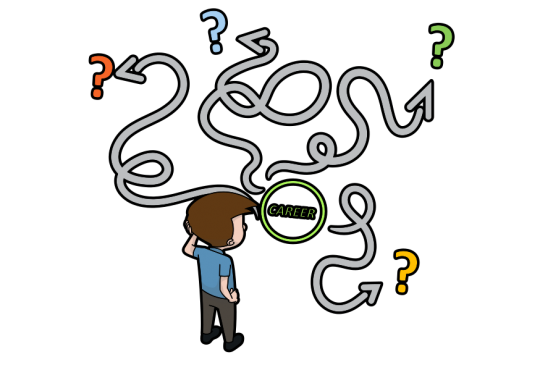The recent political debates have unearthed a large number of unrealistic assumptions people make about government. The most ridiculous one of all is the idea that the government creates jobs. This mantra actually harms workers, threatening at every stage to prioritize businesses over people.
Short of hiring people for government jobs, which raises taxes, a government responsibility that is typically violently opposed by the more fiscally conservative politicians in Washington, the government cannot directly affect unemployment rates. What they can do, however, is deregulate markets while providing incentives or tax breaks to companies. This allows private corporations to essentially do whatever they want. Many companies can use this ‘fix it’ attitude to benefit through legislation passed during economic slumps, as the government is often pressured into favoring large corporations over the individual.
An example of the law being used to promote the interests of corporations over people is the Right-to-Work laws. Under Right-to-Work laws, employees cannot be forced to pay union dues. Companies can thus choose to only hire people who do not join a union, lowering the costs of production at the expense of individual and collective bargaining rights. Workers who do not pay dues are often ineligible for the same benefits as those who do.
States who do have Right-to-Work (RTW) laws in place clearly do not favor individuals over corporations. According to AFL-CLO, the largest federation of unions in the United States, workers in RTW states are consistently more impoverished, get paid lower wages and have less access to health care and quality education than those employed in states without RTW laws. Perhaps the most striking statistic is that workplace death rates are over 50 percent higher in states with RTW laws than those without.
Minnesota recently considered implementing a Right-To-Work measure. The bill was shut down after protestors took to the capital to vocalize their fears. They believed that their present earnings would take a substantial hit, and that the cost of making Minnesota ‘attractive’ to investors and companies was too great to be worth sacrificing their rights and overall quality of life.
Many people have felt helpless during the recent economic crisis, and it seems sensible to turn to the government for help. However, it is irrational and dangerous to demand that the government turn around a crisis that was started in the private sector. Poor decisions made by companies cannot be rewarded with laws that favor them.
This is not to say that the economy should be forced to suffer because of a few bad decisions made by a few less-than-caring people. There are solutions to the unemployment rates in the U.S. that do not necessarily require government action. The most obvious answer is to encourage local spending; increasing public awareness and pushing consumers to buy locally produced products. Although it is rarely cheaper to buy American-made products, it is the best way for the private sector to regain momentum and move closer to recovery.
By encouraging the government to “provide jobs,” Americans are insinuating that their rights and privileges come second to the needs of the private sector. This puts many people at risk of missing out on benefits like health care, and risks driving the minimum wage down even further in the attempt to increase private sector job creation.
The burden of job creation lies with American citizens, not the federal government.

